Dry macular degeneration is a long term eye disorder that leads to gradual loss of central vision. It results from deterioration of the macula, a part of the retina at the back of the eye.
Dry macular degeneration is a type of age-related macular degeneration. The other type of the disease is wet macular degeneration featured by leakage of blood Or serum under the retina that results in swelling. Dry macular degeneration is more common form of age-related macular degeneration and progresses less rapidly than wet type of the disease.
Symptoms of Dry Macular Degeneration
Dry macular degeneration does not result in complete vision loss but causes blurring of central vision due to formation of blind spots in the macula. This affects a person’s quality of life as it causes difficulty reading, driving and recognizing faces.
Symptoms of dry macular degeneration slowly develop. The primary symptom of dry macular degeneration is a blank spot in the middle of the visual field. This causes difficulty reading as printed words become blurred thereby an affected person requires brighter light when reading.
An individual with dry macular degeneration also experiences decreased intensity of brightness of colors, visual distortion which causes straight lines to appear wavy, and difficulty adapting to low levels of light. In advanced cases of dry macular degeneration the patient experiences visual hallucinations. Dry macular degeneration may involve one or both eyes. Individuals with only one eye affected might not be aware of the symptoms as the healthy eye compensates for the affected eye.
Prevention of Dry Macular Degeneration
Dry macular degeneration can be prevented by having routine vision exams including age-related macular degeneration screening. Since high blood pressure increases the risk of macular degeneration it is important to keep it under control with medications.
Another risk factor for macular degeneration is smoking therefore one of the preventive measures includes non-smoking. Overweight and obese people are more likely to develop age-related macular degeneration than people with healthy weight. Therefore, by losing extra pounds you can lower the risk of this eye disease.
Diet is also important in prevention of dry macular degeneration. It is recommended to eat healthy diet rich in fresh fruits and vegetables, especially leafy green vegetables and carrots.
Fish and nuts should be also included in the diet as they contain omega-3 fatty acids which are highly beneficial to vision. Omega-3 fatty acids are abundantly found in salmon, sardines and tuna.
Finally, lutein and zeaxanthin supplements should be also taken in addition to the balanced diet to prevent or slow down progression of age-related macular degeneration.



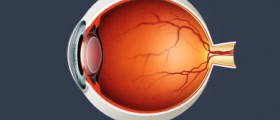



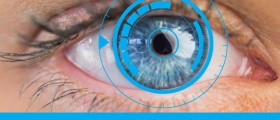
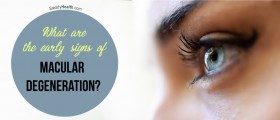


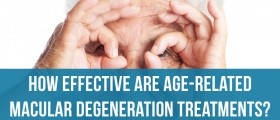
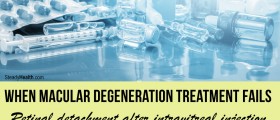
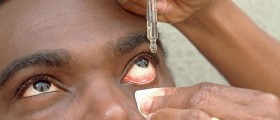
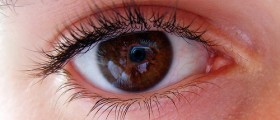


Your thoughts on this
Loading...